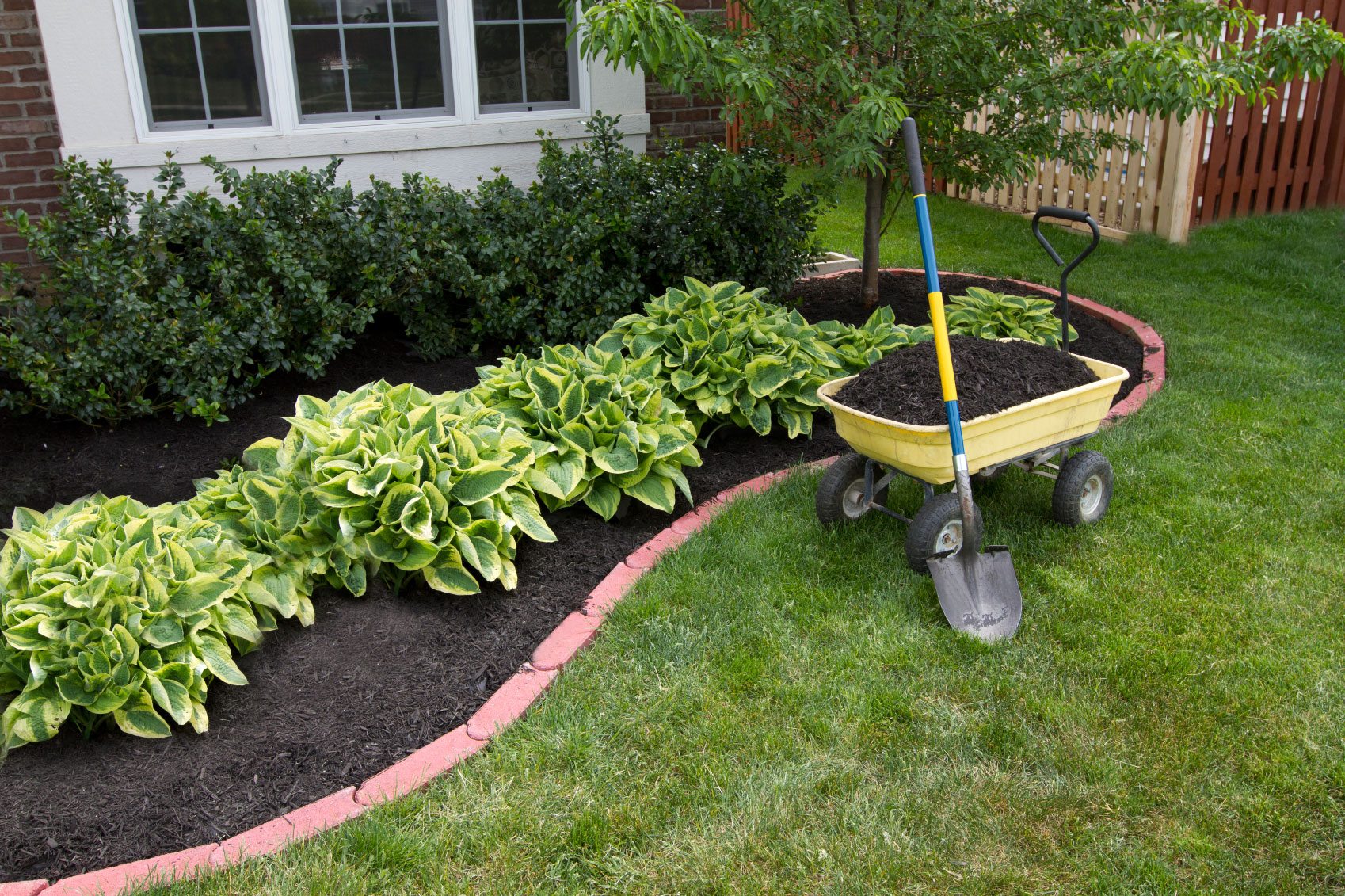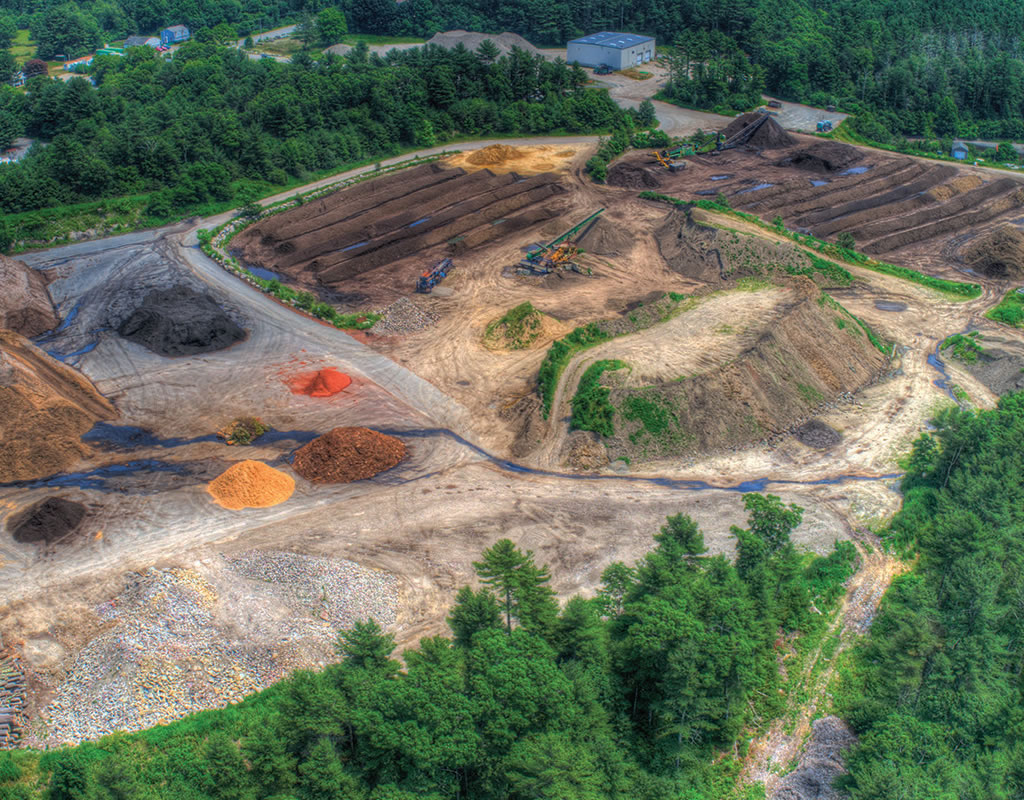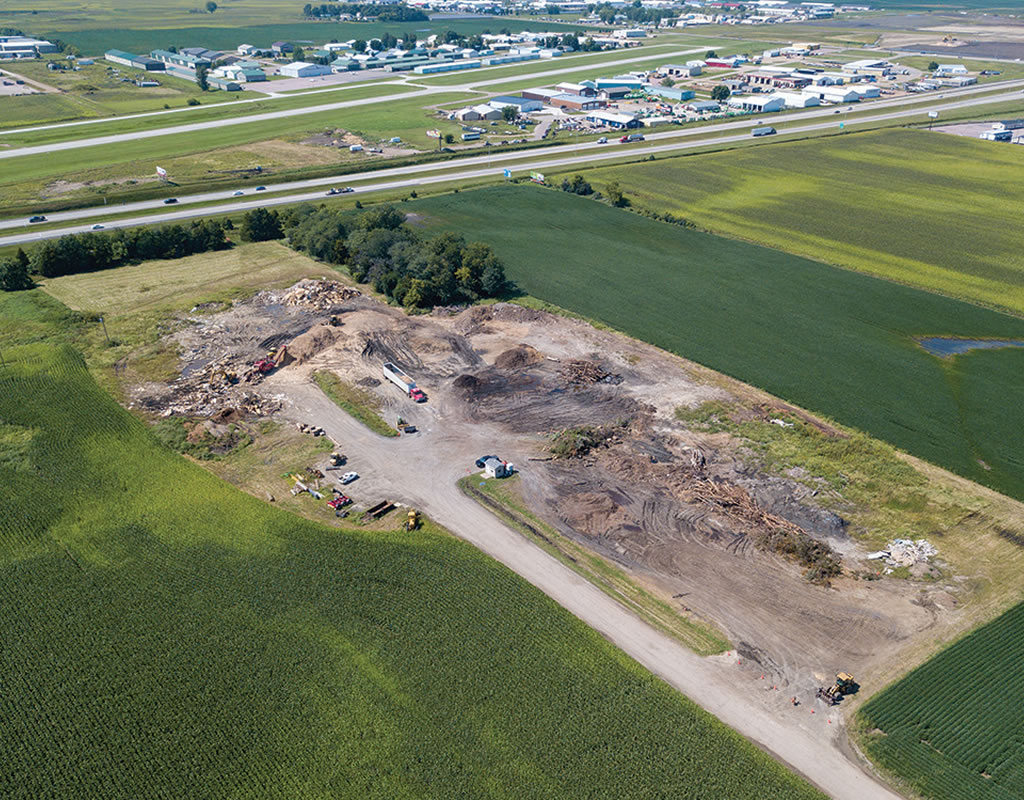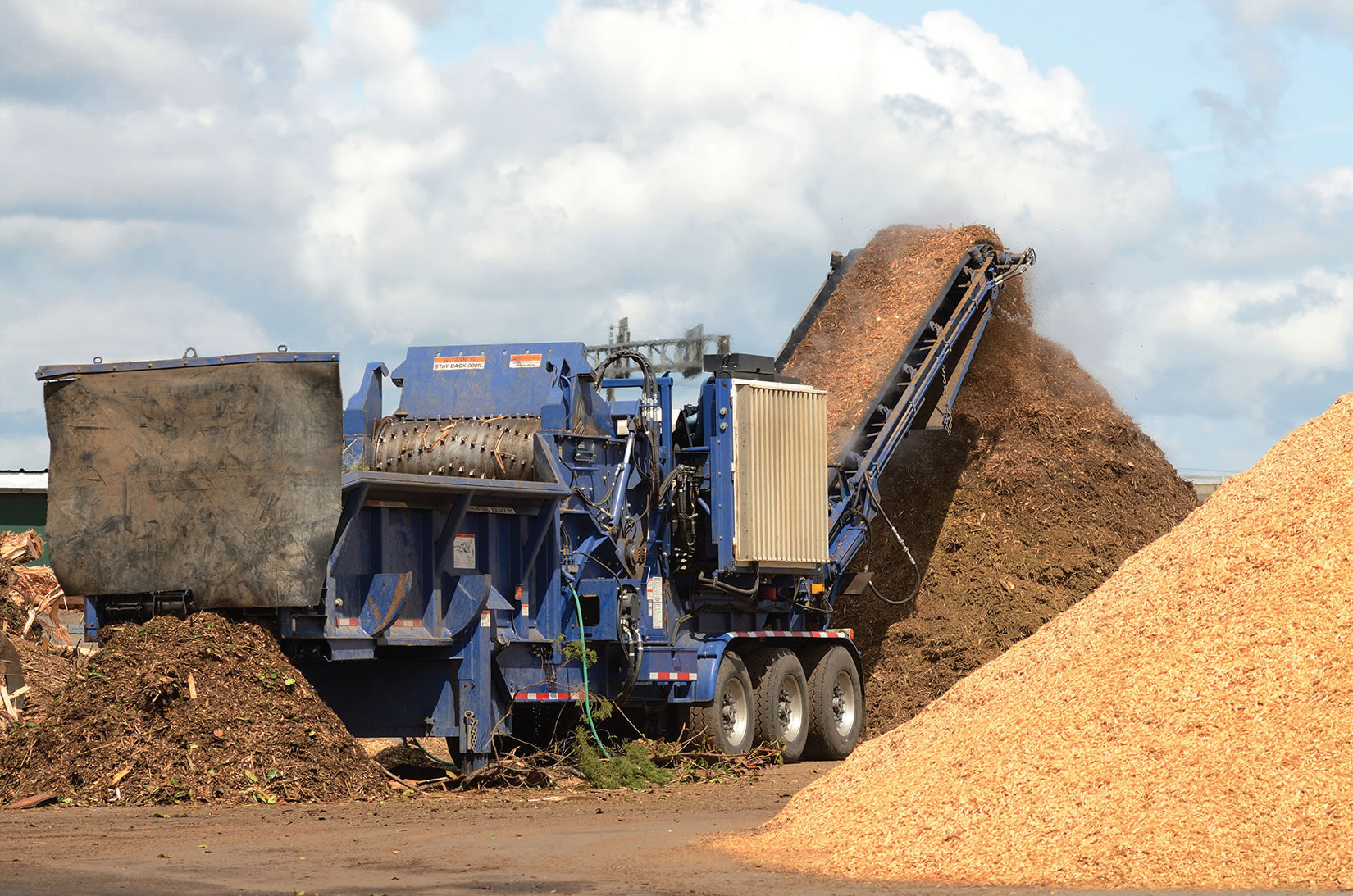By P.J. Heller
Mulch manufacturers appear to be viewing themselves as part of an essential supply chain for businesses deemed “essential services” and are remaining open and operating as states and cities impose shutdowns on businesses and issue stay-at-home orders for most of the public in the wake of the coronavirus pandemic.
At least two states, Delaware and Connecticut, have named garden centers and nurseries as “essential services” exempt from business shutdown orders, according to Robert LaGasse, executive director of the Mulch & Soil Council. At least 10 other states have included home centers, hardware store or building supply shops as essential services.
“The inference is that the supply chain supporting those essential businesses is also exempt and considered essential,” LaGasse said.
While LaGasse notes that position has not been proven or disproven, he says it is only logical since “there's no point in being an essential business if you don’t have any suppliers” providing materials.
Some states, such as Pennsylvania, have struggled to identify “life-sustaining” businesses that can remain open. Gov. Tom Wolf initially issued a mandatory shutdown order March 19 for businesses, which included the forestry and logging industry. He issued a revised order the following day after industry leaders and lawmakers called the initial list overly broad and unfair.
Further complicating the situation nationwide is the fact that some cities have issued their own rules for business shutdowns and orders for people to stay at home.
Among the states that have identified essential infrastructure workers, California has two areas under its Food and Agriculture category that could apply to the mulch industry. The first identifies “employees engaged in the production of . . . substances used by the food and agriculture industry, including pesticides, herbicides, fertilizers, minerals, enrichments and other agricultural production aids.” The second area includes “workers who support the manufacture and distribution of forest products, including, but not limited to timber, paper and other wood products.”
Jim Weber, president of Ohio Mulch, says mulch manufacturers play a vital role in many of those industries.
“Our industry is a vital part of the food and paper industry,” he says. “Without us, they would struggle or not be able to survive.”
One area of prime importance to the general public has been the availability – of lack of it lately – of toilet paper, as shoppers began hoarding it as concerns escalated about the coronavirus.
“Our industry actually supports the manufacture of toilet paper,” says Weber, board president of the Mulch & Soil Council.
Loggers harvesting timber to bring to paper mills that make toilet paper generate a lot of scrap wood along the way, which is then collected by mulch companies, he explains.
“The only person who will take that is our industry,” Weber says. “So we support the loggers that produce the wood to give to the paper mills that make toilet paper and other types of paper goods. Every single paper mill that makes toilet paper is supported by our industry.”
Further, when logs get to the paper mills, they are debarked. The mulch industry then takes away those residuals, he notes, reducing both fire and environmental impacts at the mill sites.
“Our industry also takes scraps from the loggers that take logs to the mills that are used to produce pallets,” he says. The mulch industry also removes scrap pallets from businesses so that they can be replaced by new pallets, he adds.
“If you're going to make food or toilet paper or other essentials, how are you going to ship it if you don’t have any pallets,” Weber asks.
Despite stay-at-home edicts from state and city governments, the retail mulch business appears to be booming.
Both LaGasse and Weber said the situation was similar to the days after the 9/11 terrorist attacks in 2001. Before that date, about 10 percent of the U.S. households had fruit or vegetable gardens and would purchase soil and mulch, they said. After 9/11, the percentage of people with gardens eventually shot up to approximately 50 percent, they said.
“There was a huge explosion in home vegetable gardening” LaGasse recalls. “We believe that’s being repeated now. People I have talked to who have mulch/soil/landscape retail outlets say that consumers are buying in record amounts.”
Weber agrees.
“We have seen people coming in buying soil and mulch products getting ready to grow their own fruits and vegetables again, just like after 9/11,” he says.
A North Carolina television station reported similar findings as people sought ways to remain busy while being mostly confined to their homes during the pandemic.
Guy Prevost of Atlantic Gardening Company in Raleigh described the situation to the TV station as “mulch madness.”
Prevost said shelves were also nearly empty of herbs and vegetables.
The Illinois Department of Health suggested that “outdoor landscape projects generally will provide for good social distancing that poses little risk of [coronavirus] transmission, but it still is important to ensure the ability to wash or sanitize hands and take other precautions.”
Despite demand, Weber says others in the industry with whom he’s spoken have reported cutting back staff.
“Every single one of them has reduced their staff, gotten rid of excess personnel, gotten rid of extra projects and are just focused on manufacturing of product and intake of raw materials,” he says.
Ohio Mulch, which has operations in Ohio, Georgia and Kentucky is no exception. It has cut back its staff of about 200 people, allowed some to work from home and postponed some projects and maintenance. To ensure physical distancing among employees, only one person is allowed per office or cubicle and visiting a colleague’s area is prohibited.
Employees have their temperature taken daily and anyone with a fever is told to stay home for two weeks. No one has tested positive for COVID-19 at the company, Weber reports.
Even truck drivers who come in to pick up or drop off materials have their temperature taken.
“If they have a temperature . . . we make them leave,” Weber says. “We don’t want them on the property.”
As of March 26, Ohio had 867 confirmed coronavirus cases with 15 deaths reported, according to the Ohio Department of Health. Nationwide, there were nearly 75,000 cases with 1,100 deaths. The number of cases both statewide and nationwide were believed by health officials to be underestimated due to limited testing.
Worldwide, there were at least 510,000 cases with more than 23,000 deaths.
LaGasse says he has not heard of any mulch facility having to close due to the coronavirus.
Most plants are heavily automated so having employees keeping their distance from one another should not be a problem. he says.
Weber is hopeful that the coronavirus situation will improve sooner rather than later.
“I would rather see people planting fruits and vegetable at their home and enjoying the outdoors than to sit inside and drink alcohol and smoke pot,” he says.
Related News
Subscribe Today
Every other month, Soil & Mulch Producer
News brings you important stories about:
• New Technology
• Products
• Industry News
• Research Studies
Soil & Mulch Producer News features articles and services relevant to your daily operations.











